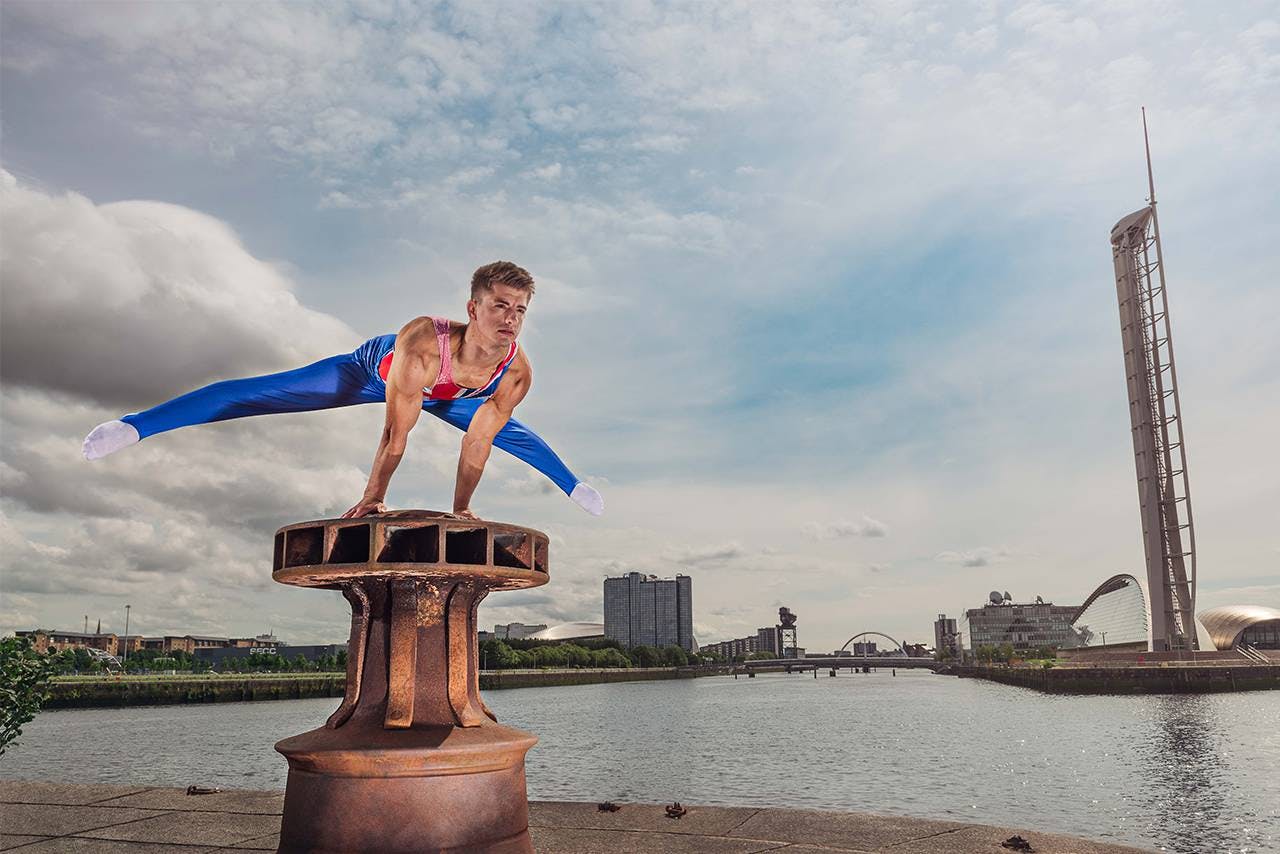This article was produced in association with People Make Glasgow
Glasgow is co-hosting the European Championships with Berlin – which will stage the track and field programme – in a move which many see as pointing the way toward the future of major sporting events.
The decision to host the European Championships is indicative of the city’s appetite for sport; of the event culture which has helped drive its transformation since the 1970s and 80s; and of its willingness to think differently in embracing a new concept for European sport.
The willingness to challenge standard thinking is also underscored by Glasgow’s decision not to create an Organising Committee as a separate legal entity to deliver the event. Instead the work is being carried out by Glasgow City Council – with the input of experts in key areas – drawing on the vast experience accumulated over many years of delivering world-class events combined with the intimate knowledge of the local facilities and infrastructure.
“The fact is Glasgow is an events city, and what we are experiencing now is the culmination of a 30-year strategy,” explains Billy Garrett, Glasgow Life’s Director of Sport and Events.
“I believe we are uniquely strong in this area because of the commitment right across the entire city. That’s not just from city and government, but the commercial and creative sectors as well.
“Events bring them together as one and that’s reflected in the collegiate approach we take to consideration of and bidding for events to ensure that we identify what works within the city,” he says.
“We all come together to ensure an integrated and frictionless response which means that Glasgow is the easiest place to bring an event. That’s down to the fact that we have people working on events day-in-day-out so while some cities may bid more financially, I don’t feel they can compete with our approach and our capabilities.”
With over £300m (€339m/$417m) invested in facilities to host events which help deliver on clear visitor and legacy goals, it’s not surprising that Garrett believes hosting events has played a major role in what he describes as Glasgow’s ‘urban renaissance’.
And it is not only a clutch of world-class facilities which makes the difference.
“The creation of a specialist events talent and skill base in the city is important to our ability to deliver. In fact, people who have come through our system are now working on events around the world,” he said.
“Now we are in a position where we can consolidate all the benefits of our experience. The European Championships is the sort of event which would normally require a huge Organising Committee, but we are effectively delivering it ourselves. That is interesting for the future of major events in general,” says Garrett.
“I think the European Championships will have a major impact because it is absolutely unique. It will enable us to develop closer links with the federations involved and I am sure that, given the commitment of the European Broadcast Union – which promises Olympic-level coverage – and major broadcasters across the country, it will provide a great platform for sports which often struggle for media profile.
“From Glasgow’s perspective we are delighted to have an opportunity to create something so exciting.”
The city’s programme of investment in new facilities has continued and a new outdoor BMX track will be in use at the European Championships, making Glasgow uniquely able to host all four cycling disciplines to international standard within city limits.

Range
The range of Glasgow’s hosting capabilities is demonstrated by the success of two very different events staged in the city in the last two years: last year’s TOTAL BWF Badminton World Championships – which won fulsome praise from competitors and commentators alike for the standard of presentation at the Emirates Arena – and the 2016 Homeless World Cup, a week-long festival of football featuring 65 teams from 51 countries.
And beyond this summer’s multi-sports extravaganza and Cultural festival there is much to look forward to.
Next March the 7,000-seat Emirates Arena – also home to the Sir Chris Hoy Velodrome – will be the venue for the 35th European Athletics Indoor Championships, three days of intense competition involving over 600 athletes from 50 nations.
Then, in December, the LEN European Short Course Swimming Championships come to town. The action takes place at the Tollcross International Swimming Centre, a venue with seating for up to 5,000, which hosted swimming at the Commonwealth Games, and was the stage for the International Paralympic Committee Swimming Championships in 2015.
The following year the city will host twelve teams from across America, Europe and Asia-Pacific as they compete in the men’s World Curling Championships, where not only the title but qualifying points for the 2020 Beijing Winter Olympic Games are up for grabs.
Glasgow will also host four games in the co-hosted final phases of the 2020 Uefa Europeaon Football Championship while, intriguingly, the Pakistan men’s hockey team has elected to play its 2019 FIH Hockey Pro League homes games in the city, where it can rely on state-of-the-art facilities coupled with passionate support from a large and engaged local community of Pakistani origin.
These events provide only a snapshot of the capabilities of a city where sport, from passionately supported domestic football to national and international events, are part of the way of life.
“Over the last 20 years Glasgow has demonstrated both its ambition and its capabilities,” says Garrett.
“Events are in our DNA and I think that, with the European Championships, we are demonstrating we have developed a successful new model in terms of delivery. Our ambition is to be at the top of our game and to continue to build a programme of events which is the envy of every other city.”